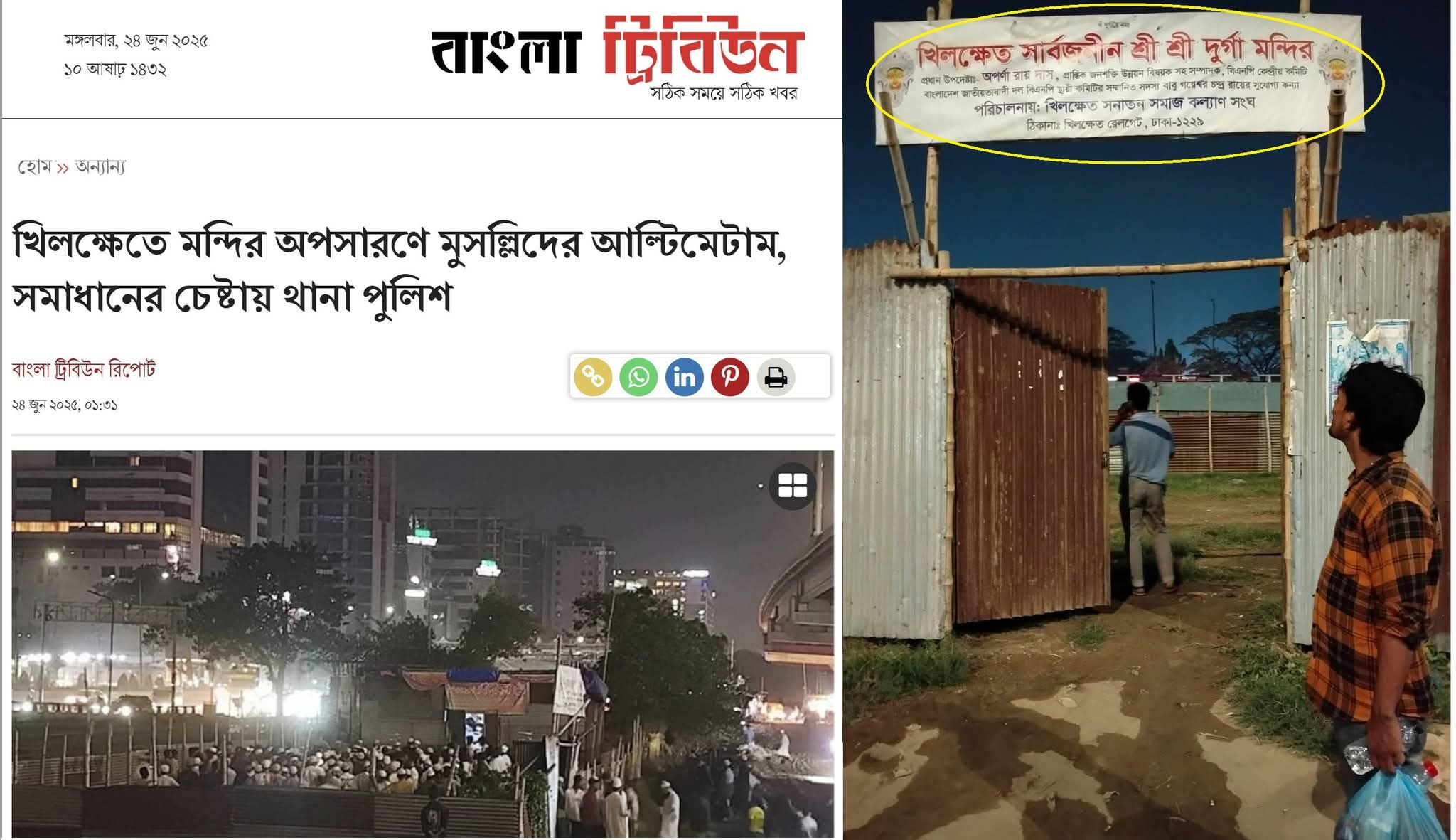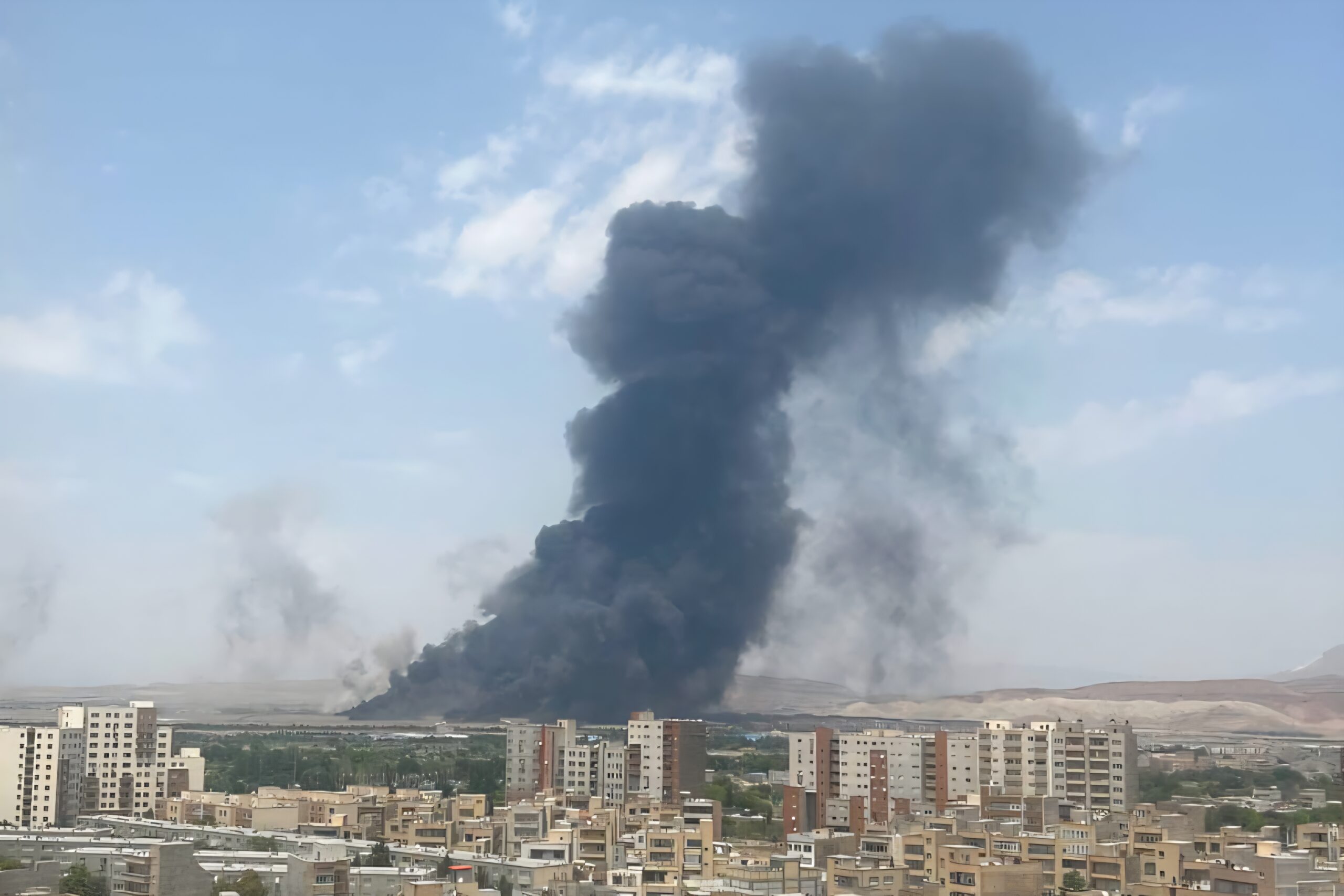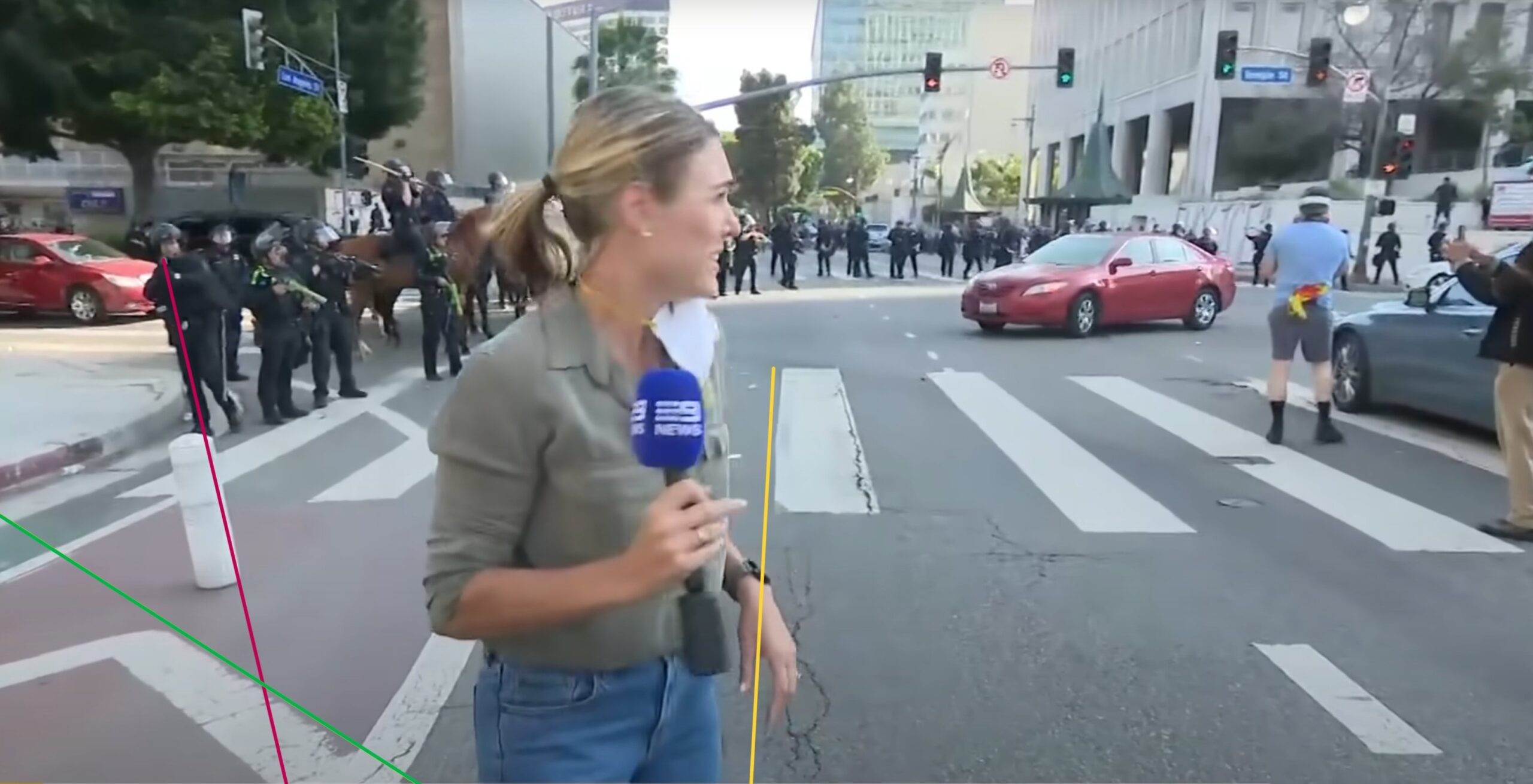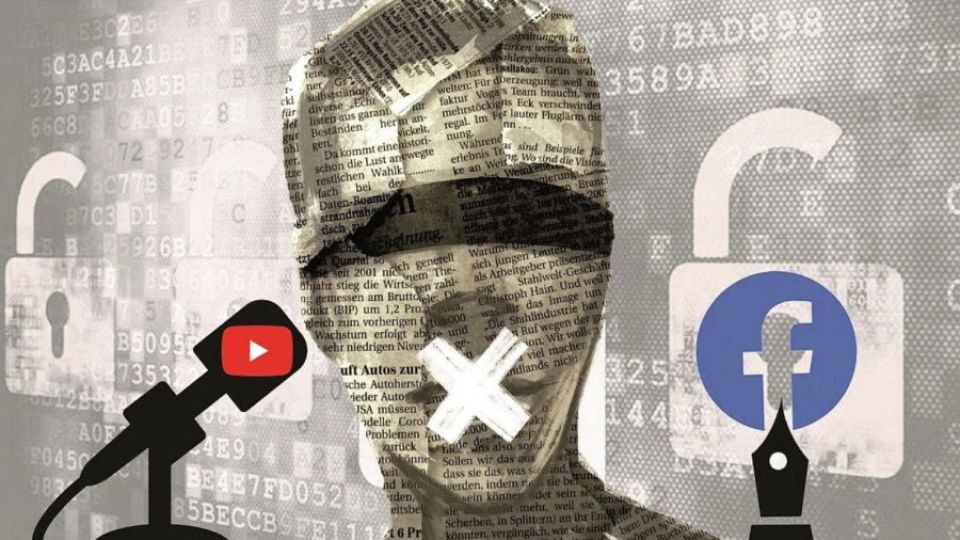Dhaka, Bangladesh – Since the fall of Sheikh Hasina’s government on August 5, 2024, several Indian media outlets have been accused of spreading misinformation targeting Bangladesh’s interim administration. Investigations reveal a coordinated disinformation network involving journalists, political operatives, and intelligence-linked figures who have propagated false narratives, fabricated financial scandals, and manipulated statements from global figures.
Key media organizations, including India Today Group and Aaj Tak Bangla, have been linked to the dissemination of unverified reports, raising concerns over journalistic ethics and regional stability.
Disinformation Tactics: The Fake Crypto Scandal
One of the most prominent instances of misinformation involved claims of illicit crypto currency transactions linked to senior officials of the interim government.
The Allegations
Indian media reports and social media accounts claimed that high-ranking Bangladeshi officials and protest leaders possessed large sums in Binance crypto currency accounts, including:
- Shafiqul Alam (Press Secretary) – 93.06 BTC (~$10 million)
- Nahid Islam (Former Advisor) – 204.64 BTC (~$19 million)
- Asif Mahmud Sajib Bhuiyan (Advisor) – 113 BTC (~$12 million)
- Sarzis Alam – 77.69 BTC (~$7.76 million)
- Khan Talat Mahmud Rafi – 11.09 BTC (~$1.1 million)
Fact-Check Findings
A Rumor Scanner investigation determined that:
- The Binance screenshots were digitally altered, using a browser tool that allows temporary changes to web content.
- The claim originated from “The Asia Post News,” an obscure website registered in October 2024 with no verifiable editorial team or address.
- Sajeeb Wazed Joy, son of former Prime Minister Sheikh Hasina, amplified the misinformation before deleting his post amid public scrutiny.
Crypto currency experts confirmed that Binance does not allow third-party access to account balances, making the claim technically impossible to verify.

$29 Million Conspiracy Claim: A Misinformation Campaign
The Allegation
Indian media outlet Aaj Tak Bangla published a report with the headline:
“Did $29 million go to Bangladesh to overthrow Hasina’s government?”
The report suggested that former U.S. President Donald Trump had hinted at foreign involvement, but provided no concrete evidence to support the claim.

Photo: Sensational headline by India Today Group’s Bengali media
Fact-Check Findings
- No credible source or financial records confirm that $29 million was transferred for political disruption.
- The statement attributed to Trump was misinterpreted and taken out of context.
- The report was only circulated by Indian media outlets with a track record of biased coverage on Bangladesh.
Misinformation Network: Political Operatives Masquerading as Journalists
Investigations reveal that Indian media outlets frequently rely on politically affiliated individuals rather than independent journalists when reporting on Bangladesh.
Key Figures in the Disinformation Syndicate
Shahidul Hasan Khokon – The Alleged Intelligence Asset

Photo: Shahidul Hasan Khokon with Indian Diplomat and former Foreign Secretary Harsh V Shringla
- Claims to be Bangladesh Bureau Chief for India Today Group, which owns Aaj Tak Bangla.
- Suspected of coordinating disinformation campaigns on Bangladesh’s internal politics.
- Allegedly connected to Indian intelligence agencies and key Awami League figures.
For further details of Shahidul Hasan Khokon you can also read this news:
Indrajit Kundu – The Kolkata-Based Media Coordinator

- Oversees Bangladesh-related news for India Today Group.
- Frequently collaborates with Awami League activists, bypassing neutral journalists.
- Seen working with Nijhum Mazumdar, an Awami League-affiliated figure featured in Aaj Tak Bangla’s reports.


Photo: Nijhum Majumder, a pro Sheikh Hasina government activist spreading propaganda on social media, is a news source for India’s mainstream media India Today group
Pattern of Disinformation
Indian media’s coverage of Bangladesh consistently includes:
- Financial misinformation targeting interim government officials.
- Use of political operatives disguised as journalists to shape public narratives.
- Amplification of unverified and misleading reports to create instability.
Impact of Indian Media’s Disinformation Campaign
Diplomatic Ramifications
The spread of misinformation by Indian outlets has heightened political tensions between Bangladesh and India, raising concerns about cross-border media interference.
Erosion of Public Trust
The repeated dissemination of false or misleading information has contributed to public skepticism toward mainstream journalism in South Asia.
The Indian media’s disinformation network has played a key role in spreading false narratives against Bangladesh’s interim government. From fabricated financial scandals to manipulated political statements, the evidence suggests a coordinated effort to distort facts and mislead the public.
As media watchdogs continue to debunk these claims, it remains crucial for audiences to rely on credible, fact-checked sources and demand greater accountability from the press.







Leave a Reply